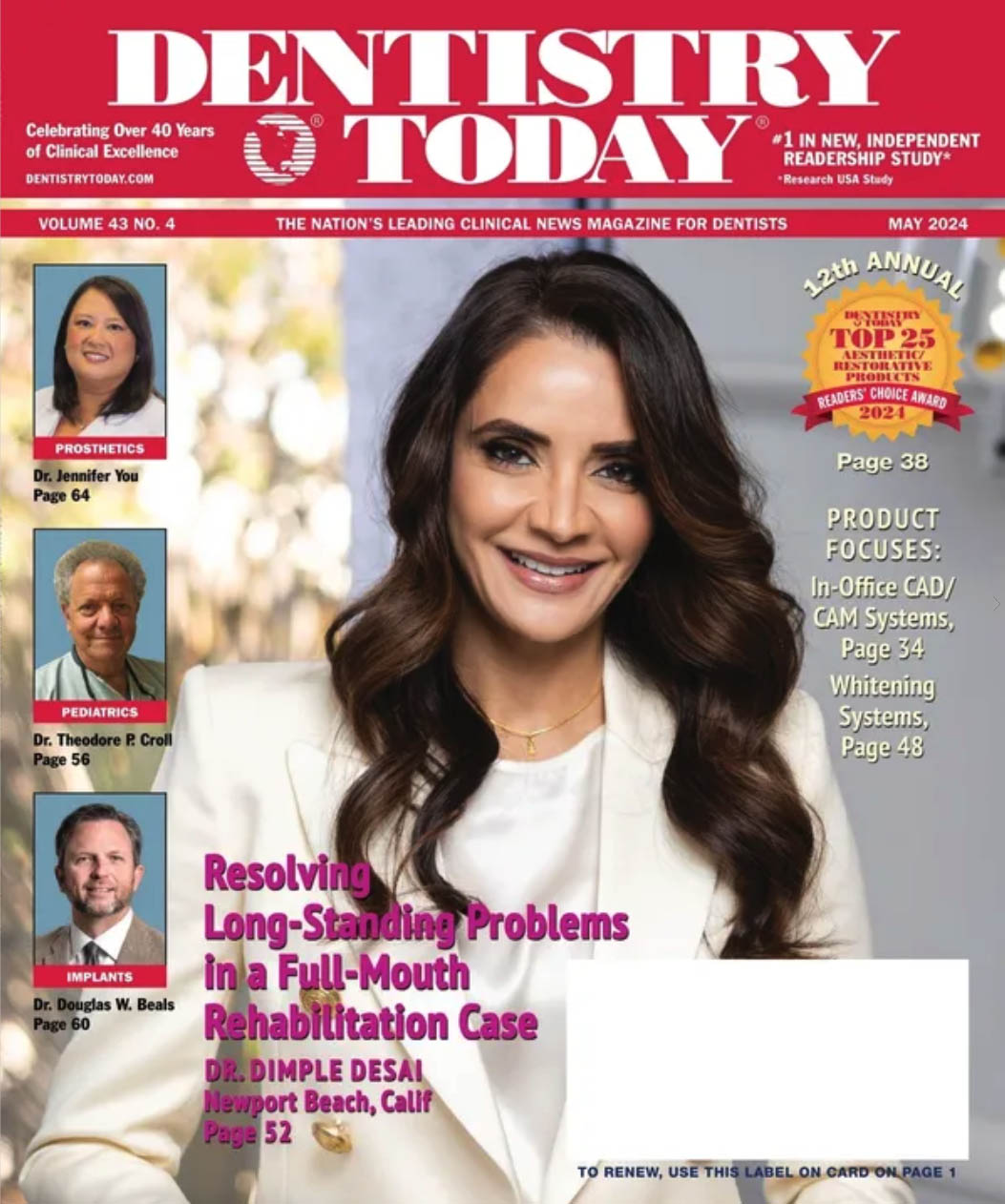There is a strong relationship between fluoride levels in the residents’ county at the time of their birth with tooth loss as adults, according to a study by Matthew Neidell, PhD, et al in the American Journal of Public Health (October 2010). "Your fluoridation exposure at birth is affecting your tooth loss in your 40s and 50s, regardless of what your fluoridation exposure was like when you were 20 and 30 years old," said Dr. Neidell, a professor at the Mailman School of Public Health at Columbia University, New York. This study combined data from a recent Centers for Disease Control and Prevention community health study and a water census to see the impact of drinking fluoridated water in the 1950s and 1960s on tooth loss in the 1990s.
"We know that the benefits of fluoridation are greatest from birth," said Howard Pollick, DDS, a professor at the University of California, San Francisco. "This recent study adds credence to that."
For children who do not yet have adult teeth, fluoride still improves tooth enamel, and it helps teeth damaged from the decay process and breaks down bacteria on teeth. It was noted that respondents who did not live in the same county their entire lives received differing amounts of fluoride in their water, which complicated study findings. The study focused on tooth loss as an indication of overall oral health and could not adjust for factors such as use of toothpaste, which also provides a dose of fluoride. The ADA says scientists continue to show adding fluoride to water is safe and aids tooth health. A 2007 study of Kaiser Permanente HMO members found that adults benefitted from community fluoridation more than children. Dr. Pollick noted a study of Louisiana Medicaid dental patients, which showed that for every $1 invested in water fluoridation, the state saw $38 in reduced dental costs.
(Source: Science Daily, August 28, 2010)






